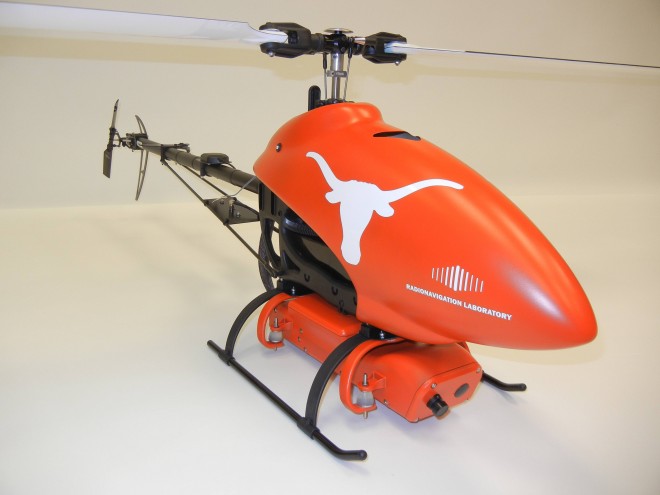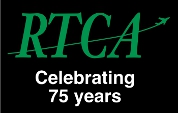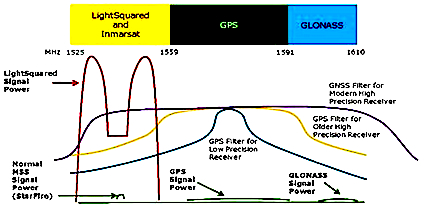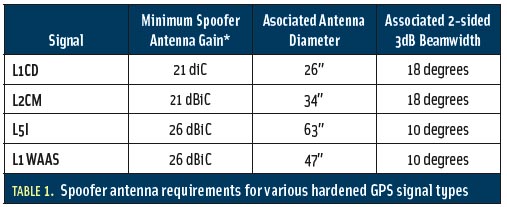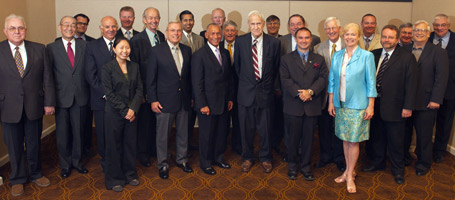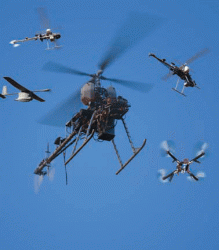UK Revokes Key GNSS Patent That Sparked Dispute over Cooperation, Interoperability

Legal filings suggest the U.S and the United Kingdom may be well on their way to working through a heated dispute over patents that, if left unresolved, could scuttle efforts to make GPS and Galileo interoperable.
By Dee Ann Divis

